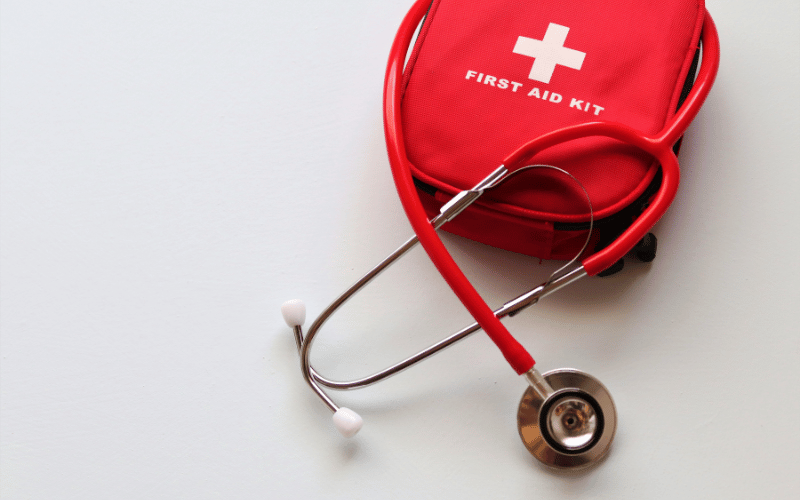Fact 5: Treatment Options

Upon diagnosis, a plethora of emotions might surface – fear, anxiety, and even despair. However, it’s essential to note that while there’s no magic pill to cure alcoholic hepatitis, several treatment avenues can help manage and potentially reverse some of its effects.
The primary treatment, and perhaps the most challenging for many, is complete abstinence from alcohol. Even a small amount can exacerbate the condition, so total cessation is crucial. It’s not just about physical health; seeking psychological support during this phase can be invaluable.
Medications are often prescribed to reduce liver inflammation. In conjunction with this, vitamins and nutritional supplements might be recommended, especially if malnutrition is detected. The liver being a vital metabolic organ, its health directly impacts nutrient absorption and utilization.
For those with severe alcoholic hepatitis, hospitalization might be necessary. Here, treatments can range from feeding tubes to counter malnutrition or even procedures to drain excess fluid from the abdomen. In the direst situations, when the liver is extensively damaged, a transplant might be the only viable option.
Treatment is a journey, often a long one. It requires patience, persistence, and above all, an unwavering commitment to health. With the right interventions and support, progress is not just possible, but highly likely. (5)